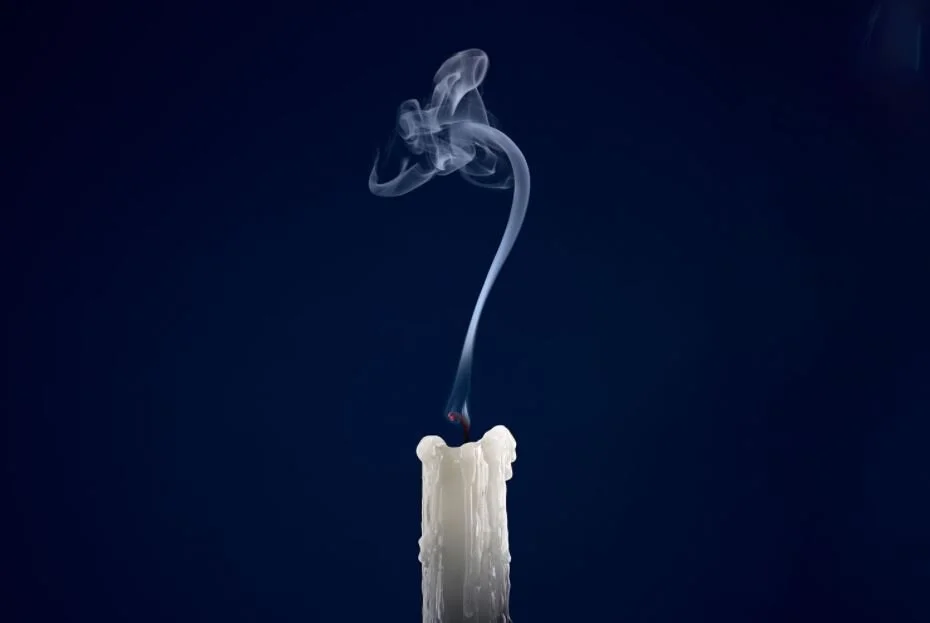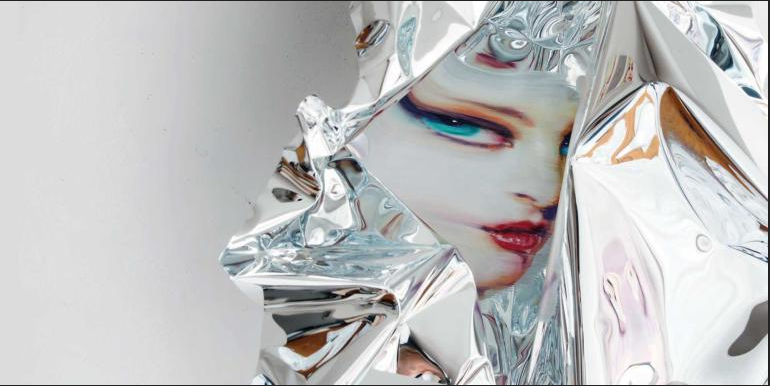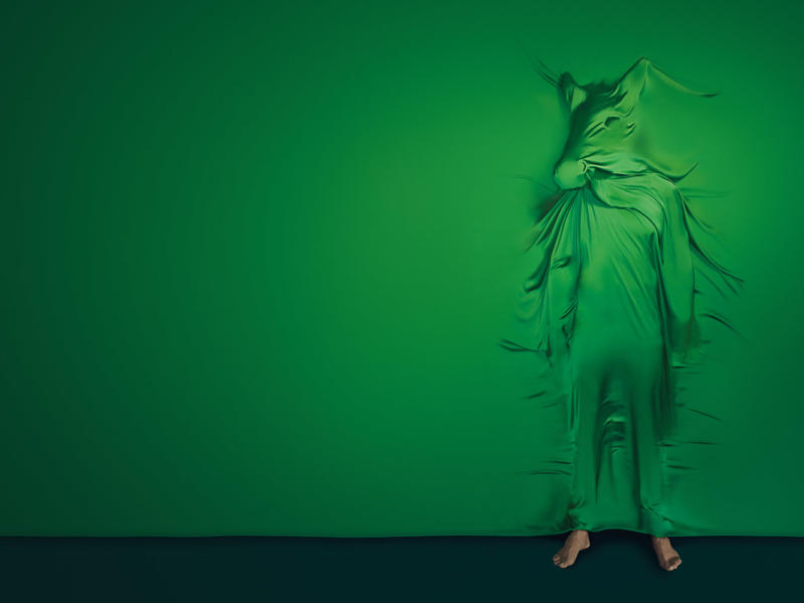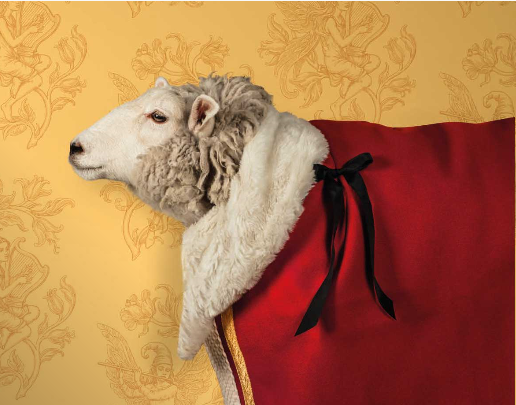All in English National Opera
Oh Sceptical Me. With my holier than thou values of opera viewing, going to see a drive-in opera left me foreshadowing a car crash of immense proportions. If this is what I was expecting then I was sorely disappointed. It turned out to be a fabulous night. ENO’s immensely talented Casting Director Michelle Williams had put together two mainly home grown, but exciting casts over nine nights.
Verdi’s Luisa Miller opened in Naples at the end of 1849. It was his fifteenth opera and regarded as the beginning of his middle period. Based on Schiller’s play Intrigue and Love it never has had the popularity of some of Verdi’s other works and indeed its UK debut at Her Majesty’s Theatre in London was not until nearly 10 years after its premiere.
Puccini’s ‘disaster’ Madam Butterfly premiered at La Scala Milan in February 1904 and was so badly received that it wasn’t until the summer of 1904 that a second version was more successful. Thereafter there were more revisions until the 1907 fifth revision, which became today’s ‘standard version’.
Calixto Bieito, the Director of this production, first seen in 2012, brings his own personal interpretation of an unyielding Carmen in the midst of early 1970’s Franco-type testosterone-filled masculinity. No quarter is given. The male soldiers are at the same time playful boys and violent nasty male caricatures. The misogynistic treatment of women stands out in this stripped back production, but the gratuitous violence that simmers throughout the evening is at times unedifying and disturbing.
The fourth of ENO’s contrasting Orpheus myth operas is perhaps its strongest. Philp Glass’s Orphee based on Jean Cocteau’s 1950 film is directed by Netia Jones with vivid modern black and white set designs by Lizzie Clachan. Lucy Carter is an outstanding Lighting Designer with the necessary choreography by Danielle Agami.
ENO & Regent’s Park Open Air Theatre teamed up to provide a musical feast – literally – of Engelbert Humperdinck’s Hansel & Gretel. Directed by the long-term Director of the Regent’s Park Opera Timothy Sheader and supported by the ‘Tony Award’ nominated, Peter McKintosh, as the Set and Costume Designer, Lizzi Gee as the Movement Director and Oliver Fenwick as the Lighting Director. The team really produced a fun staging culminating in a great candy house with lots of colourful gingerbread men.
Franz Lehar’s Merry Widow is a comedy operetta in three acts, premiered in 1905 in Vienna. The story centres round the wealthy widow, Hanna Glawari, and her lovers and admirers. The popularity of this piece has led to some of our greatest opera singers performing and recording this opera.
Philip Glass’s Akhnaten, written in 1983, is an opera in three Acts based on the life and religious convictions of the Egyptian Pharaoh, Akhnaten. The opera was commissioned and premiered in Stuttgart Germany and the American premiere was directed a year later in Houston by the Australian Opera Director, David Freeman. The English premiere was staged in 1985 by ENO, who now stage its new 2016 production in partnership with the LA Opera. The Egyptian and Hebrew texts are all taken from original sources, as indeed is the juggling whose source had been discovered as graffiti on the wall in an Egyptian tomb.
Giacamo Puccini’s La boheme is probably the most popular of all operas in the classical repertoire. This 4 act opera had its world premiere in Turin in 1896 and was conducted at that time by Toscanini. 50 years later he conducted a commemorative performance in New York, which was recorded by RCA.
In 1958, Benjamin Britten was asked to write a work for the consecration of the new Coventry Cathedral – the old one had been bombed and destroyed in 1940 and hundreds of people had died. Britten decided that this work would commemorate the dead of both World Wars and his text combines the traditional Latin Mass for the Dead, with fairly dour poems by Wilfred Owen. After its premiere in 1962, Shostakovich regarded Britten’s War Requiem as ‘The greatest work of the 20th century’ and indeed it was universally hailed as a masterpiece.
David Alden’s 2008 staging is brought back to the Coliseum for its second revival, with an outstanding cast, a compelling translation into English by Amanda Holden and clever moving sets by Charles Edwards. This is a truly interesting performance of a subject – forced marriage, here of Lucia – which is relevant in some communities even today. However, this is the Scottish Highlands and the dark and unattractive costumes, designed by Brigitte Reiffenstuel, are a testament to Highland imagery.
Porgy & Bess, the folk opera composed by George Gershwin with the libretto by the original author, DuBose Heyward and Lyricist, Ira Gershwin, was first performed in Boston in 1935. The libretto tells the story of Porgy, a black disabled street beggar living in the Charleston slums, attempting to rescue his love, Bess, from the clutches of Crown, her violent and possessive lover, and her drug dealer, Sporting Life.
For those opera lovers expecting a standard fayre Salome, this production is not for you.
The opening of the rock opera production of Chess was written in 1984 by ABBA’s Benny Andersson and Bjorn Ulvaeus, with lyrics by Sir Tim Rice. Chess is the sequel to the English National Opera music theatre production at the Coliseum, which began with Sweeney Todd starring Bryn Terfel, Sunset Boulevard starring Glenn Close and Carousel starring Katherine Jenkins and Alfie Boe.
Mozart’s The Marriage of Figaro was premiered in Vienna in 1786. It’s a 4 Act opera buffa, with the libretto written by Lorenzo Da Ponte. It was written several years after the plot of the Barber of Seville and recounts a single day of madness in the palace of Count Almaviva near Seville Spain.
La Traviata had a somewhat complicated beginning. This opera – The Fallen Woman – is a Verdi opera in three acts, adapted from the novel La Dame aux Camelias by Alexandre Dumas. It opened in 1853 at La Fenice in Venice. Despite the Composer’s wish for a contemporary setting, the local authority insisted that the action be set in the early 18th century and it wasn’t until the 1880s that a more contemporary production was staged. In the original production, the acclaimed soprano singing the lead of Violetta was booed because she was considered to be too old (at 38) and too overweight to credibly play a young woman dying of consumption!
A Midsummer Night's Dream, the opera composed by Benjamin Britten was set to a libretto, adapted by both the Composer and the Singer, Peter Pears, from the play by William Shakespeare. It was premiered in 1960 at the Aldeburgh Festival.
One of Gilbert and Sullivan’s great successes, Iolanthe opened at the Savoy Theatre in London at the end of 1882 and ran for just under 400 performances.
This incredible opera written by Philip Glass had its world premiere in 1980 in Rotterdam and its UK premiere in Bath in 1997. Its main commissioning in the UK was an incredible production at the English National Opera in 2007, in conjunction with the Metropolitan Opera New York, with the Director Phelim McDermott and his Improbable team in charge.
Alfred Hitchcock’s film Marnie, starring Tippi Hedren and Sean Connery, was lightly based on the original book by Winston Graham. Hitchcock’s film ending was more dramatic perhaps than the books. The Composer, Nico Muhly, decides to stick more closely to the original book version, with skilful subtlety that is so prevalent in its musical score.




















